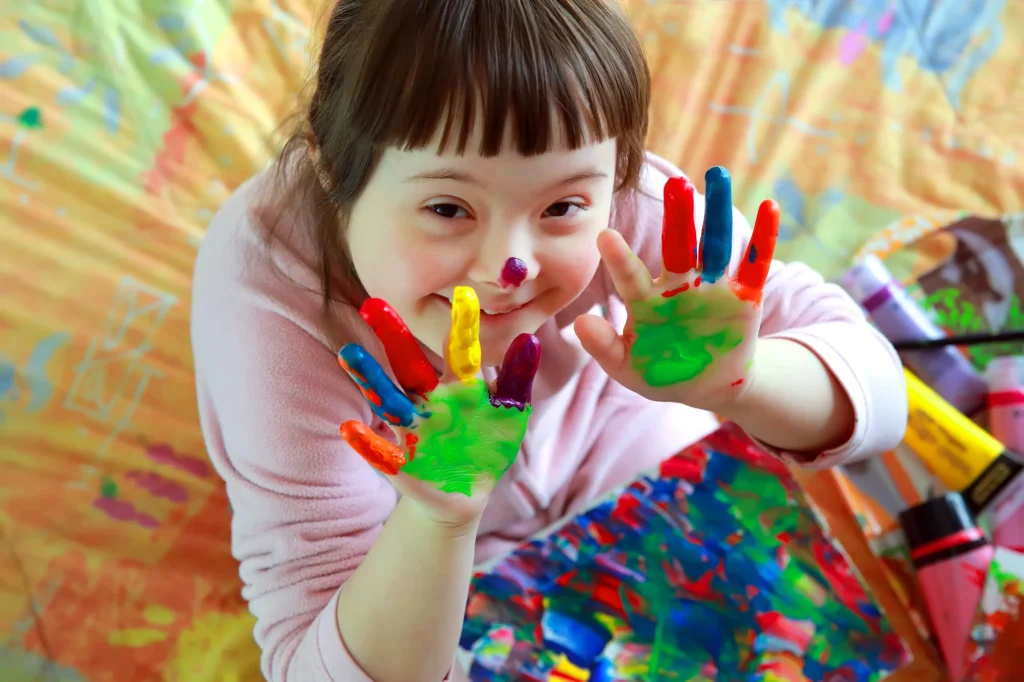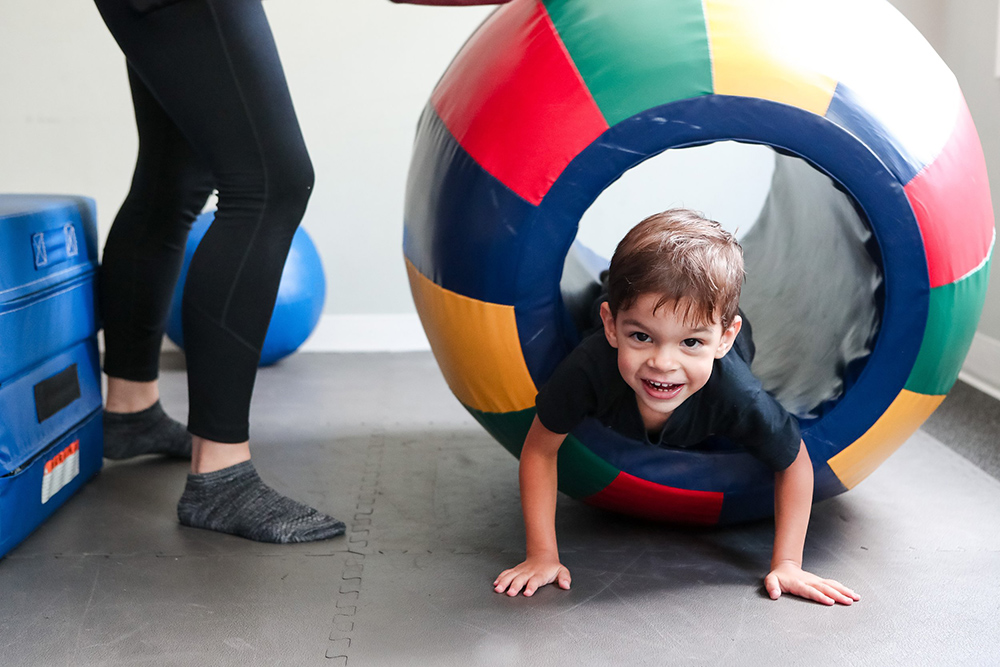Does My Toddler Have A Speech Delay?
Children develop at different rates, and this includes their speech. For example, a typical two-year old child can use around 50 words and speak in sentences that include up to three words. Whereas a three-year old child has a vocabulary of about 1,000 words and can speak in sentences consisting up to four words. Developmental milestones that are typically used to measure a child’s progress are general guidelines, and there may be nothing wrong with a child who shows signs of slow speech development, so how do we know if children have a Speech Delay?
What’s the difference between a Speech Delay and a Language Delay?
A child with a Speech Delay may find it hard to make the right sounds to speak words, but may not have any problem with non-verbal communication or comprehension. Parents may report that their 2-year-old doesn’t talk a lot but understands them.
A child with a Language Delay may have problems with understanding and communicating verbally as well as non-verbally. A child who can speak a few words but is unable to put them together in understandable phrases may have a language delay.
What causes a Speech Delay?
Certain speech and language delays are linked to the functioning of the brain. Delays may be caused by hearing problems or underlying developmental/neurological disorders. Premature birth is also a known cause of speech, language and developmental delays.
- Hearing loss – A child who has difficulty hearing, or who hears distorted sounds may find it hard to form words correctly.
- Issues with the mouth – A speech delay can be caused by a problem with the palate, tongue or mouth.
- Neurological issues – Some neurological disorders, such as muscular dystrophy, cerebral palsy and traumatic brain injury, can affect muscles that are needed for speech.
- Intellectual Disability – A child may not be able to speak because of a cognitive problem rather than an inability to form words.
- Autism Spectrum Disorder – Speech problems are also associated with diagnosis of Autism Spectrum Disorder.
How is a Speech Delay diagnosed?
It can be difficult to distinguish between a simple delay in speech development, and a diagnosable disorder, as children develop at different rates. Around 10%-20% of two-year-old children develop language skills late, and boys are three times more likely to be in this category.
A paediatrician is the first step, as they can assess your child’s speech and language capabilities and other developmental milestones including hearing checks and examination of their tongue, palate and mouth. Based on the initial findings, the paediatrician may refer your child to other specialists, such as a neurologist, audiologist, speech-language therapist and early intervention services.
How is a Speech Delay treated?
Studies have shown that speech and language delays between 2½ and 5 years can lead to problems with behaviour, socialisation and reading in primary school. Thankfully, many kinds of speech delay can be treated effectively with early intervention and ongoing maintenance.
- Speech-language therapy
This is the first line of treatment and often is the only treatment required if speech is the predominant developmental delay. Speech-language therapy is highly effective and with early intervention children often have normal speech when it is time to start school. - Treatment of the underlying disorder
Where a speech delay is linked to a co-existing disorder, it is essential to address the underlying condition. This may include Physical Therapy, assistance with hearing problems, Applied Behaviour Analysis (ABA), correction of tongue or mouth problems, Occupational Therapy or management of neurological disorders.
What can Parents do to help prevent their child from having a Speech Delay?
- Encourage your child to interact with kids who have good language skills
- Ask your child questions with open-ended answers
- Allow enough time for them to respond
- Avoid answering questions on behalf of your child
- Give your full attention and have patience when your child speaks
- Allow your child a chance to ask for things, even if you already know what they need
- Instead of criticising their speech mistakes, repeat words correctly with encouragement
- Point to objects and speak the corresponding words
- Read aloud to your child and explore pictures verbally
- Sing songs that are simple and easy to repeat
- Talk to your child about what you are doing
What should you do if you think your child has a Speech Delay?
If you believe your child may have difficulties with speech and language development, it is important to have them assessed by their paediatrician. Early intervention is very effective in most cases. Here at Educare we have a number of specialists who can provide consultation and answer any queries you may have. Feel free to contact us for more information.
Article summary by Dr Bruce Youlden: (ref: Pietrangelo, A. 2019). Does my Toddler have a Speech Delay?
https://www.healthline.com/health/speech-delay-3-year-old-2#causes. October 2019.




